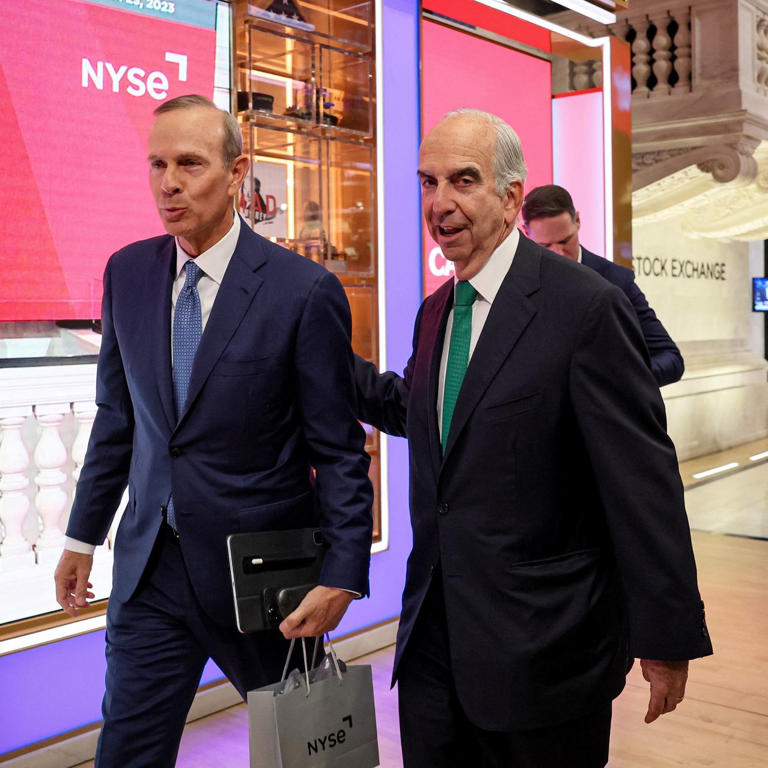Following Chevron’s monumental $53 billion acquisition of Hess, CEO Mike Wirth initiated a dialogue with his counterpart at Exxon Mobil, Darren Woods, to explore potential collaboration in an expansive oil project situated in Guyana. This project, housing an immense reservoir boasting 11 billion barrels of oil and gas, featured Exxon and Hess as key partners. Woods expressed eagerness to expand their longstanding partnership into this venture, indicating a readiness to leverage their established rapport for mutual benefit.
However, tensions swiftly mounted when Exxon asserted its purported contractual right, along with China’s CNOOC—a third partner in the Guyana project—to preemptively match Chevron’s offer for Hess’s stake. This revelation took Chevron and Hess by surprise, precipitating a sharp divergence of opinions. Despite concerted efforts to amicably resolve the matter through private discussions, Exxon’s unexpected decision to pursue arbitration in March dealt a significant blow to ongoing negotiations.
At the heart of the dispute lies the interpretation of clauses embedded within a confidential contract, igniting a dramatic showdown within Houston, the epicenter of the U.S. oil industry. This clash between two major descendants of John D. Rockefeller’s Standard Oil monopoly has drawn in influential Wall Street advisers, underscoring the unprecedented stakes involved.
Should Exxon emerge victorious in arbitration, Chevron’s meticulously crafted acquisition of Hess would be fundamentally derailed. For John Hess, this outcome would pose considerable challenges, potentially complicating the company’s prospects for sale and casting doubt on his future as CEO. Similarly, it would represent another significant missed opportunity for Wirth, amplifying pressure on him to secure alternative avenues for substantial oil reserves. Conversely, Woods would gain the opportunity to potentially expand Exxon’s footprint in the lucrative Guyana project, should Hess opt to sell.
The dispute serves as a poignant reminder of the strategic imperatives driving oil companies amidst an increasingly uncertain industry landscape. With many oil fields nearing depletion and investor sentiment shifting towards sustainable alternatives, the Guyana project has emerged as a coveted asset, symbolizing a beacon of hope for future profitability and growth.
Despite the intensifying rivalry between Chevron and Exxon, Woods and Wirth have managed to maintain a semblance of cordiality, fostering occasional engagements that underscore their mutual respect and professionalism.
For Chevron, the acquisition of Hess represents far more than a mere business transaction—it epitomizes a strategic imperative to secure long-term oil reserves in an industry grappling with uncertainty. Failure to clinch this deal could potentially undermine Chevron’s competitive standing and raise questions about its future trajectory.
As the arbitration proceedings unfold, the fate of the Hess deal remains shrouded in uncertainty, with far-reaching implications for all parties involved. The dispute serves as a stark reminder of the volatile nature of the oil industry and the high stakes inherent in securing coveted assets for future growth and profitability.
